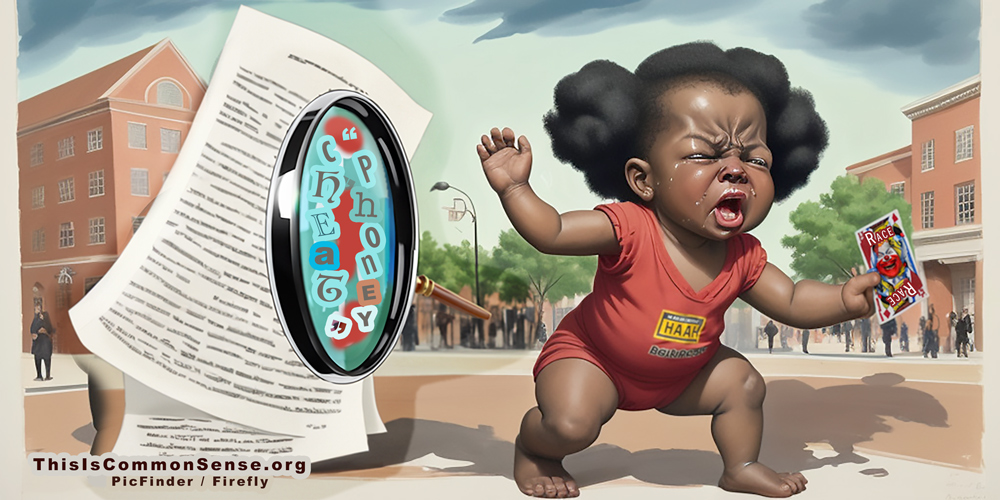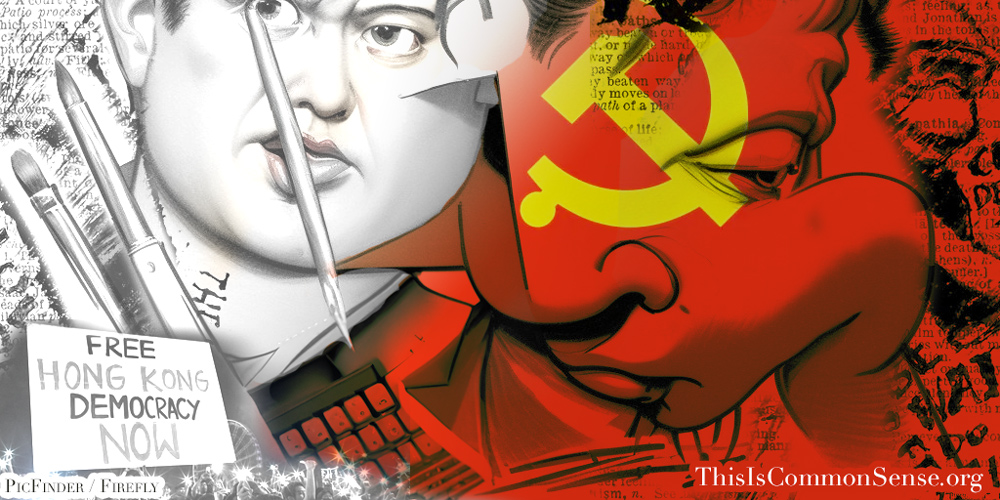The Canadian psychologist fighting for the right to opine without having to submit to “social media training” — reeducation — has lost a court battle.
An Ontario court has dismissed Jordan Peterson’s appeal of a decision that had ruled in favor of the autocratic College of Psychologists of Ontario (CPO).
A year ago, Dr. Peterson’s livelihood was jeopardized because, on social media, he challenged “consensus” determinations on matters like climate change, sex-change operations on minors, and COVID-19 policies.
That’s when CPO, a regulatory body established by legislation, told Peterson that he must either submit to degrading “training” as the penalty for participating in public discourse or forfeit his right to practice.
With the new ruling, “There are no other legal avenues open to me now,” he says on Twitter. “It’s capitulate to the petty bureaucrats and the addlepated woke mob or lose my professional licence.”
The setback pertains only to “this round,” though. And: “There is nothing you can take from me that I’m unwilling to lose.”
In a recent National Post column, he says that he can either comply with the reeducation and confess his ideological sins or “tell my would-be masters to go directly to the hell they are so rapidly gathering around themselves and everyone else.”
If you read Dr. Peterson’s warnings to fellow Canadians about the precarious state of their liberties and interpret his tone accurately, I think you’ll agree that he’s going with the go-to-hell option.
Peterson has made millions off the fame he garnered by opposing the compelled speech aspect aspect of Canada’s Bill C-16. Thanks to the marketplace of ideas, he has more go-to-hell money than most folks.
This is Common Sense. I’m Paul Jacob.
Illustration created with Firefly and PicFinder
—
See all recent commentary
(simplified and organized)





